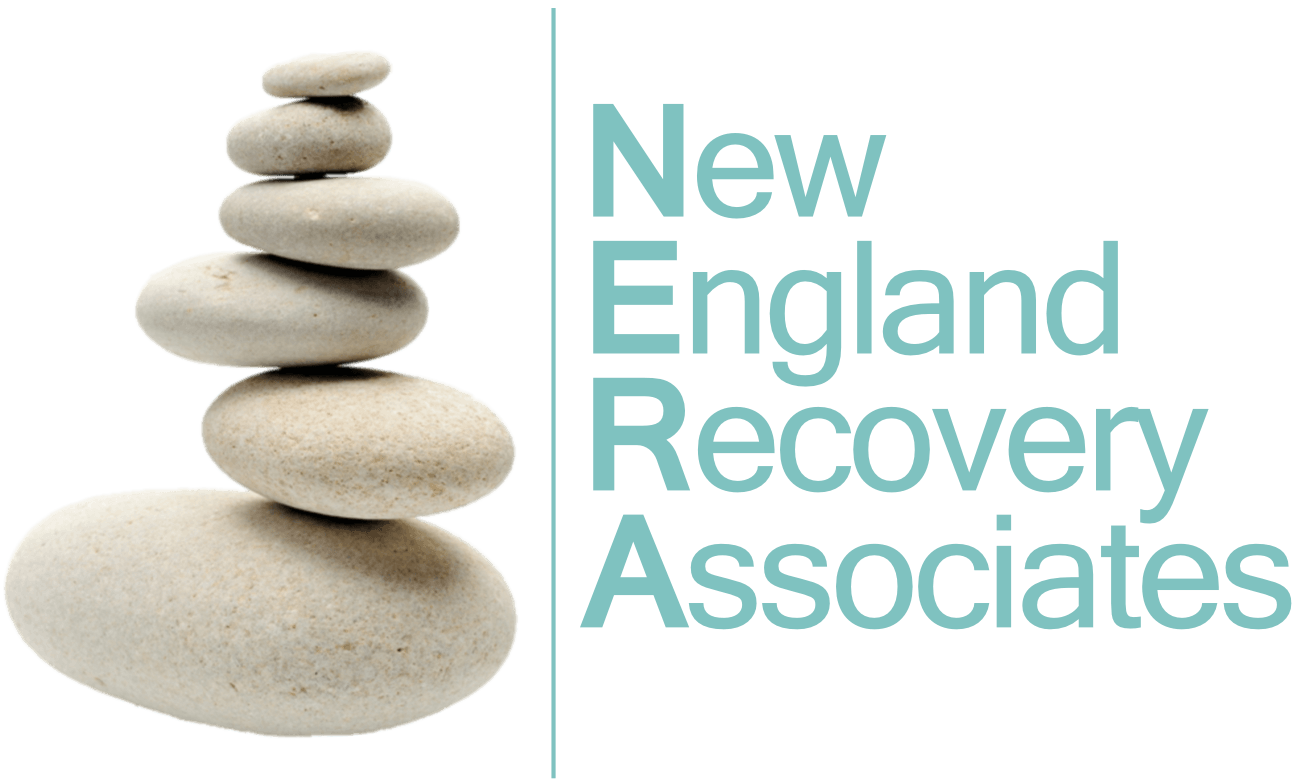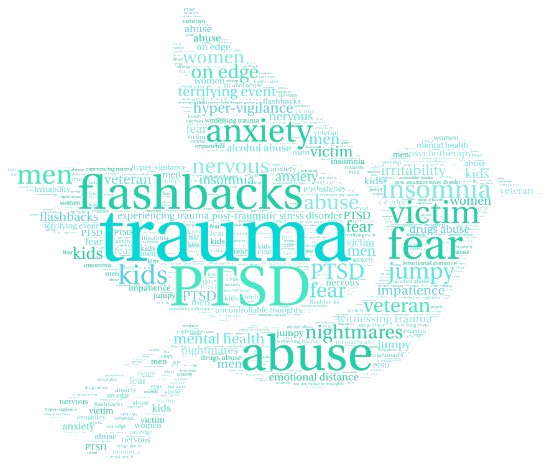CALL 855-900-NERA
MULTIPLE LOCATIONS THROUGHOUT NEW ENGLAND
New England Recovery Associates is pleased to offer teletherapy.
Please
contact us today to schedule your session.
TRAUMA & HEALING
Trauma and abuse in a dysfunctional family is defined as anything less than nurturing on the part of the caregiver including:
- Enmeshment
- Physical
- Sexual
- Emotional/Sexual
- Intellectual
- Emotional
- Spiritual
- Abandonment/Neglect
- Other Trauma or Child Abuse
TRAUMA & ABUSEIN A DYSFUNCTIONAL ENVIRONMENT
Trauma and abuse in a dysfunctional family is defined as anything less than nurturing on the part of the caregiver. It is created within a child's relationship with their caregivers when either the parent or caregiver is too close and intrusive (enmeshment) or too far away (abandonment or neglect).
Caregivers can be parents, grandparents, childcare workers, teachers, scout leaders, clergy, coaches, etc. Below are some examples of these relationship dynamics:
ENMESHMENT
Physical
- Use of implements, face slapping, shaking, hair pulling, head banging, and tickling a child into hysteria
- Having a child physically nurture a parent
- Intrusive procedures (i.e., enemas)
Sexual
- Intercourse, oral sex, masturbation, sexual touching known as fondling, sexual kissing, and hugging
- Voyeurism, exhibitionism, verbal sexual trauma
- Failure to have sexual boundaries in the presence of a child and
- Having a child witness sexual trauma
Emotional/Sexual
- Enmeshment by the parent or primary caregiver
Intellectual
- Attacking, shaming, or over-control of the child's expression of thought
Emotional
- Shaming a child's expression of emotion
- Refusal to let child express feelings
- Improper expression of feelings by the parent or primary caregiver
Spiritual
- The religious addiction of the parent or caregiver
- Trauma at the hands of a religious caregiver
- Parent acting like they are the god or goddess of the family
- Indulgence or false empowerment of the child
- Perfection demanded of, or expected from, the child
ABANDONMENT / NEGLECT
Failure to provide:
- Food
- Clothing
- Shelter
Failure to provide adequate:
- Physical nurturing
- Emotional nurturing
- Sexual information (age appropriate)
- Medical and dental care
- Financial assistance and information (age appropriate)
- Education
- Spiritual nurturing
- Being dismissive or shaming of a child's wants
OTHER TRAUMA OR CHILD ABUSE
- Overt versus Covert Abuse
- Disempowering versus Falsely Empowering Abuse
The above is provided courtesy of: Pia Mellody, Mellody House of Dakota and The Meadows

